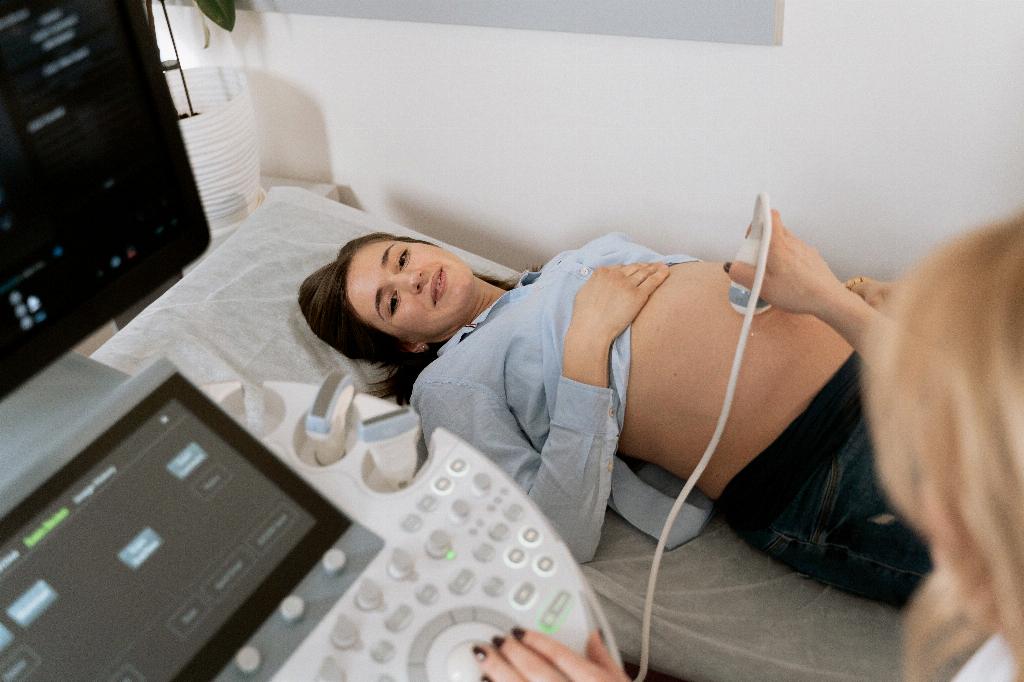For many new mothers, the postpartum phase of pregnancy is a journey that marks the beginning of a new chapter in their lives. It is a period that follows the miraculous act of giving birth, where the body goes through numerous changes as it transitions from pregnancy to the nonpregnant state. This phase, often referred to as the puerperium or the “fourth trimester,” is a critical time of physical and emotional adjustment for both the mother and the baby.
Physiological Changes in the Postpartum Period
During the postpartum phase, the body undergoes a series of remarkable changes as it works to recover from the stress of pregnancy and childbirth. The uterus, which expanded significantly during pregnancy to accommodate the growing baby, begins to contract and shrink back to its pre-pregnancy size. This process, known as involution, helps the uterus to heal and return to its normal state.
Postpartum Bleeding and Lochia
Postpartum bleeding, also known as lochia, is a common occurrence during the postpartum phase. Lochia is the term used to describe the vaginal discharge that contains blood, mucus, and uterine tissue shed from the lining of the uterus. This discharge may last for several weeks following childbirth and gradually changes in color and consistency as the body heals.
Physical Recovery and Healing
Recovery from childbirth is a gradual process that varies from woman to woman. Adequate rest, proper nutrition, and gentle exercise can help the body heal and regain strength during the postpartum phase. It is essential for new mothers to listen to their bodies, prioritize self-care, and seek support from healthcare providers and loved ones during this period of adjustment.
Emotional Changes and Postpartum Blues
Alongside the physical changes, the postpartum phase is also characterized by emotional adjustments that can be both challenging and rewarding. Many women experience a range of emotions during this time, including joy, anxiety, sadness, and exhaustion. It is common for new mothers to feel overwhelmed or experience mood swings as they adapt to the demands of caring for a newborn.
Postpartum Depression and Anxiety
While it is normal to feel emotional ups and downs in the postpartum phase, some women may develop more serious mood disorders such as postpartum depression and anxiety. These conditions can significantly impact a mother’s well-being and ability to care for her baby. Seeking help from healthcare providers and mental health professionals is crucial for managing and treating these conditions.
Bonding with the Baby
Despite the challenges that come with the postpartum phase, it is also a time of immense joy and bonding between the mother and her baby. Establishing a strong emotional connection with the newborn is essential for their overall development and well-being. Skin-to-skin contact, breastfeeding, and responsive caregiving play a vital role in fostering a secure attachment between mother and child.
Changes in Breastfeeding and Lactation
For many mothers, the postpartum phase also involves the initiation of breastfeeding and the establishment of milk supply. Breastfeeding offers numerous benefits for both the mother and the baby, including bonding, nutrition, and immune protection. Learning how to breastfeed effectively and seeking support from lactation consultants can help new mothers navigate this aspect of the postpartum period.
Support Systems and Community Resources
Building a strong support network is essential for navigating the challenges of the postpartum phase. Family members, friends, healthcare providers, and local community resources can offer valuable assistance and guidance to new mothers as they adjust to their new roles. Joining support groups, attending parenting classes, and seeking professional help when needed can help alleviate feelings of isolation and overwhelm.
Self-Care and Well-Being
Amidst the demands of caring for a newborn, it is crucial for new mothers to prioritize self-care and well-being during the postpartum phase. Taking time to rest, eat nourishing foods, engage in gentle exercise, and practice mindfulness can help reduce stress and promote overall health. Remembering to ask for help when needed and acknowledging one’s own limitations is an important aspect of self-care.
Returning to Work and Balancing Responsibilities
As the postpartum phase progresses, many mothers face the challenge of returning to work and balancing their responsibilities as caregivers and employees. Planning for childcare, transitioning back to the workplace, and negotiating flexible work arrangements are important considerations for working mothers. Balancing professional commitments with the demands of motherhood requires open communication, support from employers, and a willingness to adapt to new routines.
Celebrating Milestones and Embracing Motherhood
Through all the ups and downs of the postpartum phase, it is essential for new mothers to celebrate milestones, embrace the joys of motherhood, and acknowledge their own strength and resilience. Each day brings new challenges and opportunities for growth, learning, and love. Embracing the journey of motherhood with compassion, patience, and grace can empower women to navigate the postpartum phase with confidence and resilience.

